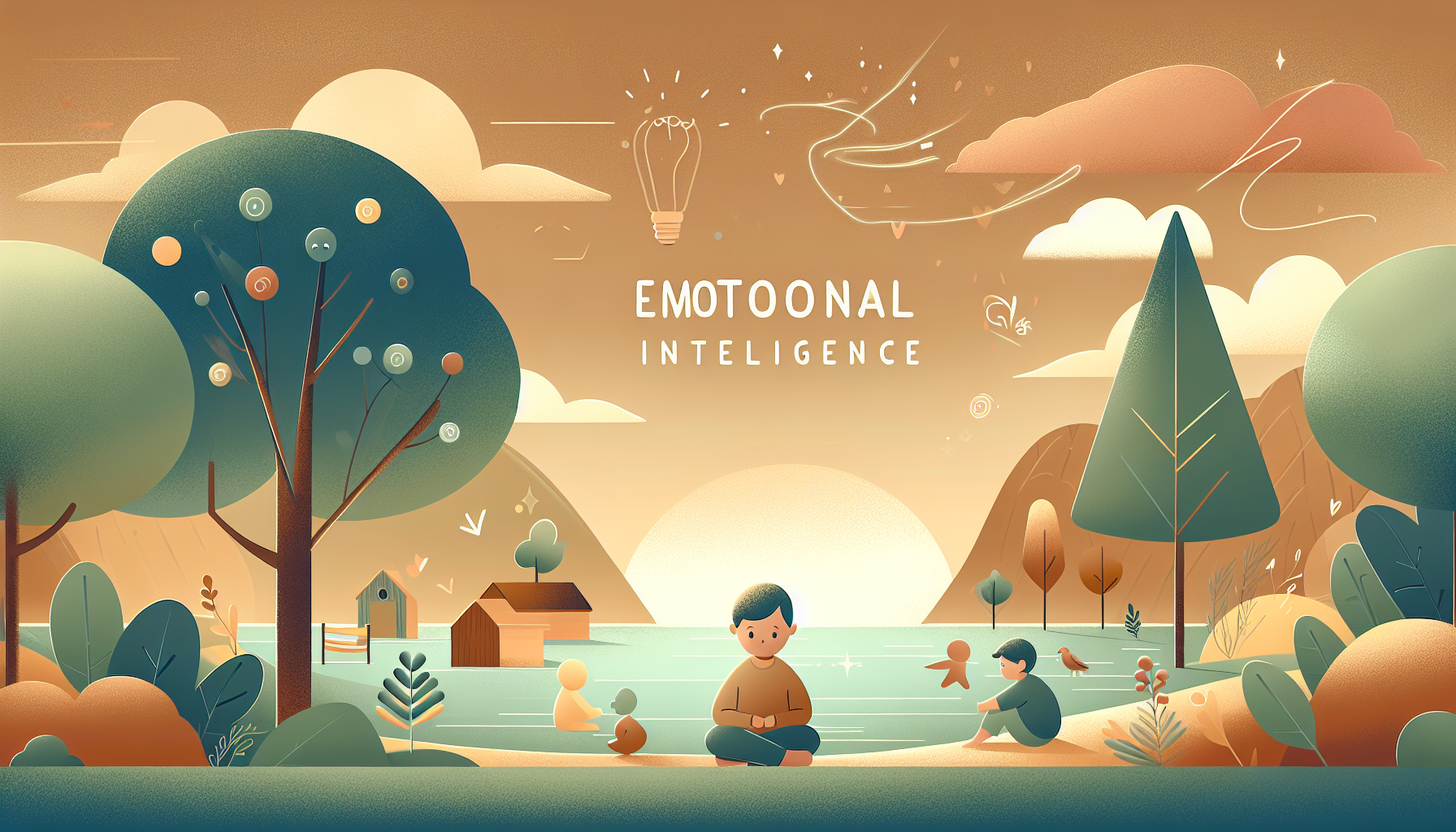How to Teach Children About Emotional Intelligence
In today’s fast-paced world, teaching emotional intelligence to children is more important than ever. As parents and future parents, understanding and nurturing your child’s emotional development can lead to healthier communication and stronger relationships. Emotional intelligence helps children manage their emotions, empathize with others, and handle life’s challenges with resilience. This article will guide you through effective strategies to foster emotional intelligence in your children, providing valuable parenting advice along the way.
Main Points
Emotional intelligence is a critical component of a child’s overall development. It involves recognizing, understanding, and managing one’s emotions, as well as empathizing with others. Research shows that children with high emotional intelligence tend to perform better academically and socially. According to principles of cognitive-behavioral therapy (CBT), addressing psychological needs such as safety, autonomy, and self-expression is essential for emotional growth.
One key aspect of teaching emotional intelligence to children is creating a safe environment where they feel comfortable expressing their emotions. This involves validating their feelings and encouraging open communication. For instance, if your child is upset about a lost toy, acknowledge their sadness and discuss ways to cope with it. This approach helps them feel secure and understood.
Another important factor is teaching children to recognize and label their emotions. Use age-appropriate language and examples to help them identify what they are feeling. For example, you might say, “It seems like you’re feeling frustrated because you can’t finish your puzzle. Let’s take a break and try again later.” This not only aids in emotional development but also enhances their vocabulary and communication skills.
Practical Recommendations
- Model Emotional Intelligence: Children learn by observing adults. Demonstrate emotional intelligence in your interactions, showing how to handle emotions constructively. Share your feelings appropriately and discuss how you manage them.
- Encourage Empathy: Teach your child to consider others’ perspectives and feelings. Use stories or everyday situations to discuss how others might feel and how they can respond with kindness and understanding.
- Practice Problem-Solving: Help your child develop problem-solving skills by working through challenges together. Discuss potential solutions and their outcomes, fostering a sense of autonomy and competence.
- Use Play to Teach Emotions: Engage in role-playing games or use toys to explore different emotions and scenarios. This playful approach makes it easier for children to understand and express their feelings.
- Set Consistent Boundaries: Establish clear and consistent boundaries to create a sense of safety and security. Explain the reasons behind rules, helping children understand the importance of self-regulation.
Conclusion
Teaching emotional intelligence to children is a vital aspect of parenting that can significantly impact their emotional development and overall well-being. By creating a supportive environment, modeling emotional intelligence, and providing practical tools for understanding and managing emotions, you empower your child to navigate the complexities of life with confidence and empathy. Remember, the investment you make in nurturing emotional intelligence today will pay dividends in your child’s future relationships and success.
For more insights and parenting advice, explore additional resources on the Child Mind website.

